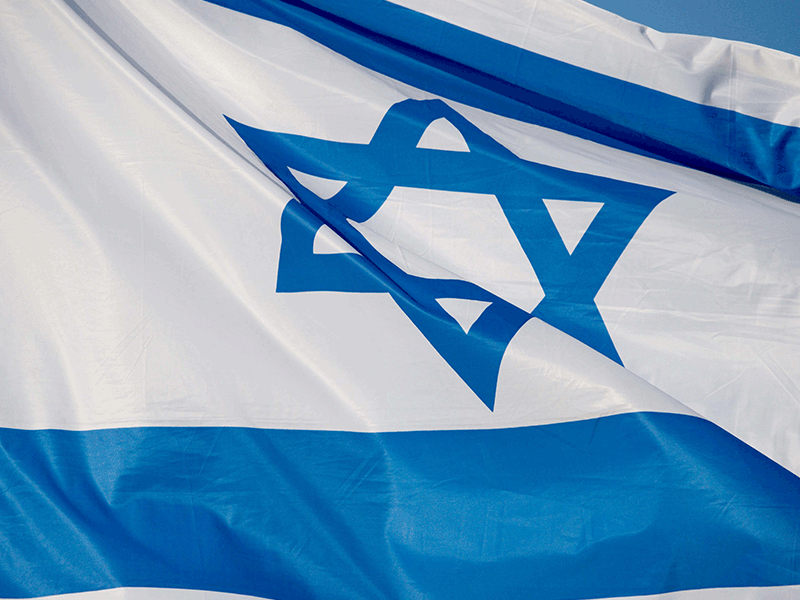Israel’s critics frequently argue that the onus is on the Jewish state to make concessions that will bring an end to the conflict with the Palestinians, because Israel has most of the power. This is a clever argument, because it turns Israel’s military advantage, the very thing that has ensured its survival in the face of 70 years of Arab hostility, into a strategic liability: the more successful Israel is at defending its people, the stronger the evidence that it should make concessions to the Palestinians.
The BDS campaign takes this idea and tries to convince governments and ordinary people that putting pressure on Israel will lead to peace. But power is a complex idea. Israel does have the edge in military strength. If it did not, the Jewish state would have been overrun long ago and its people massacred or driven out of the country. But there are other kinds of power that do not depend on military capability. In these other domains, Israel does not necessarily have the advantage.
One area in which Israel has much less power than it did in the past is in its ability to change the lives of the Palestinian people for the better. Before 1993, Israel ruled the territories captured in 1967 directly. It never claimed sovereignty over them, but it controlled infrastructure, security, health and education. When Israel captured the territories, less than 20 per cent of the residents had running water. By 1993, that number was over 90 per cent, thanks to Israel’s investment in infrastructure. Since 1993, that infrastructure has come under the control of the Palestinian Authority (PA), which has neglected to maintain it. Over a third of the water delivered to the system is now wasted.
READ: THE EMBASSY MOVE SHOULD NOT BE CONTROVERSIAL
Israel also built up the Palestinians’ rudimentary education system. Today, all Palestinians can access secondary and post-secondary education. But the PA also uses those very schools to indoctrinate Palestinians with hatred toward Israel.
The PA now controls infrastructure and education because Israel ceded power in 1993, in pursuit of peace. When former Israeli prime minister Yitzhak Rabin signed the Oslo Accords, he believed that the collapse of the Soviet Union, which had worked for decades to support Israel’s enemies, meant that the Arab leadership might be open to a deal. Israel made large concessions from a position of strength – precisely what the country’s current critics accuse it of refusing to do now.
This points to the critical area in which the Palestinians have as much, or more, power than the Israelis: peacemaking. When two parties try to reconcile, the party that is less interested in reconciliation has most of the power. In 1999, Prime Minister Ehud Barak offered the Palestinians 95 per cent of the territory captured in 1967, with the eastern neighbourhoods of Jerusalem as the capital, only to face a campaign of brutal violence in response. In 2006, Prime Minister Ariel Sharon withdrew all Israeli forces from Gaza and evicted its Jewish residents. In 2009, Prime Minister Benjamin Netanyahu released hundreds of terrorists with blood on their hands, just to get Palestinian President Mohammed Abbas to sit at the negotiating table with him. Israel has gained little and lost much from these concessions: since 2000, we have seen the heartbreaking deaths of over 1,000 Israelis at the hands of terrorists.
Israel has the lion’s share of military power, but the Palestinians have the power to say no to peace. They have exercised that power again and again in the years since Oslo. Nothing that Israel is likely to do can take that power away from them. The existing leadership has grown rich on international aid and Israeli concessions and shows no willingness to make the hard decisions that would be necessary to end the conflict. For that reason, the international community must apply pressure to the Palestinian leadership, to try to end their intransigence and usher in a better future for both Israelis and Palestinians.








